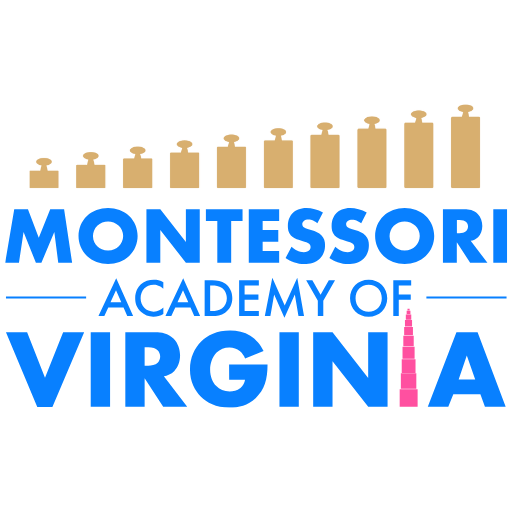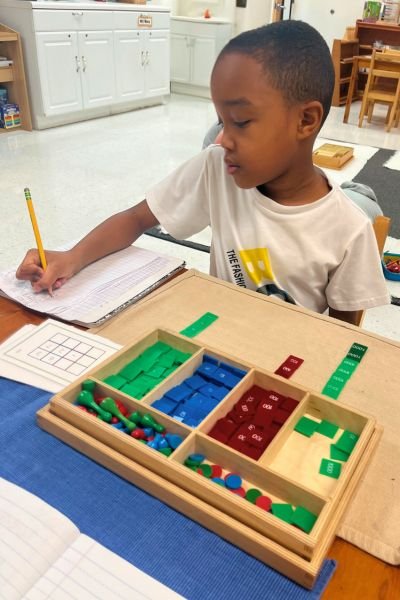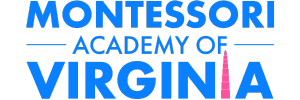The Montessori Method for Education was established in 1907 and has since gained popularity worldwide.
As widely known as Montessori Education has become, many parents still have questions.
Montessori emphasizes learning through observation, execution, research, and comprehension. Montessori students learn at their individual pace; however, the teachers guide them to make executive choices from the numerous lessons available to them. They also engage daily in practicing the presentation of materials given by the teacher until the students achieve mastery. Learning is an exciting process of discovery, leading to concentration, motivation, self-discipline, independence, and solid self-esteem. There is no limit to student creativity in this kind of intelligently guided learning; students surpass what they would be doing in more traditional settings that mainly use teacher-paced textbook work. Montessori classrooms encourage deep learning of the concepts behind academic skills rather than rote practice of abstract techniques.
Multi-age classrooms are realistically based on the outside world, society, and community, which are different from traditional classrooms. Society is not filled with children of the same age. With the mixed-age concept, students are encouraged to help each other. This format allows older children to be the leaders of the classroom community, assisting the younger students while developing empathy. The younger students aim to emulate the older students’ capabilities, thus helping their own progress advance more quickly. Older students also review their own work when they help the younger students. Students function as a community by respecting peers of varying ages and capabilities.
Montessori children are guided to choose their work within their capabilities and talents; with age-appropriate responsibility, teachers channel students toward independently choosing their own lessons. Our teachers record each student’s progress weekly and guide them at a suitable pace in all subjects, thereby ensuring a well-rounded academic plan for every individual student.
For a general overview of the daily schedule, please refer to the “Typical Day” tab on this website, which provides a description of the day’s routine. Curriculum descriptions are listed under the Academic Programs for each age group. We encourage punctual and consistent attendance to ensure that students gain the full benefits of the program. Keep in mind that the Montessori progression is sequential and built on daily work, performance, and practice.
Montessori education is a sequential progression that builds on skill mastery through repetition and review; therefore, teachers cannot provide daily reports, accounts, or narratives on each child’s progress or activities.
Teachers observe each student’s development and document it weekly. Thereafter, formal report cards are issued to parents three times a year. Formal parent–teacher conferences are held twice annually to discuss the teachers’ assessment of each child’s progress. These conferences, together with the report cards, inform parents of their child’s sequential academic progress, social development, and mastery of fundamental skills. Because Montessori education embraces individually paced learning, it does not assign letter grades or rank students within each class according to their achievements.
Parents may also meet with teachers throughout the year by contacting the campus their child attends to schedule appointments at times convenient for both the teacher and the parent.
Traditional Montessori schools generally do not assign homework or “busy work.” Students engage rigorously with academic material throughout the school day, and additional tasks sent home often lead to unnecessary frustration. When homework is assigned, it rarely consists of repetitive worksheets; instead, students receive meaningful and engaging assignments that extend their in-class learning. Throughout the year, teachers provide opportunities for students to complete a variety of projects, including book reports, dioramas, and spelling activities, among others.
The primary goal of Montessori education is to cultivate a culture of consistency, order, and empowerment. Consequently, traditional Montessori schools encourage children to attend five days per week. Although two- and three-day programs are appealing to families that do not require full-time childcare, five-day programs provide the level of consistency that is essential to sustained academic and social development.
Montessori education is often considered well-suited to the needs of gifted children. Gifted and talented learners frequently find the Montessori Method intellectually challenging and stimulating because it emphasizes the development of intrinsic motivation. In this model, students are not constrained by the progress of their classmates, and each child is able to advance academically at a pace that is appropriate and comfortable for them.

Every child’s learning journey begins with curiosity. A tour of our classrooms will show how independence, respect, and exploration come alive each day. Start your child’s story with us — schedule your visit today.

